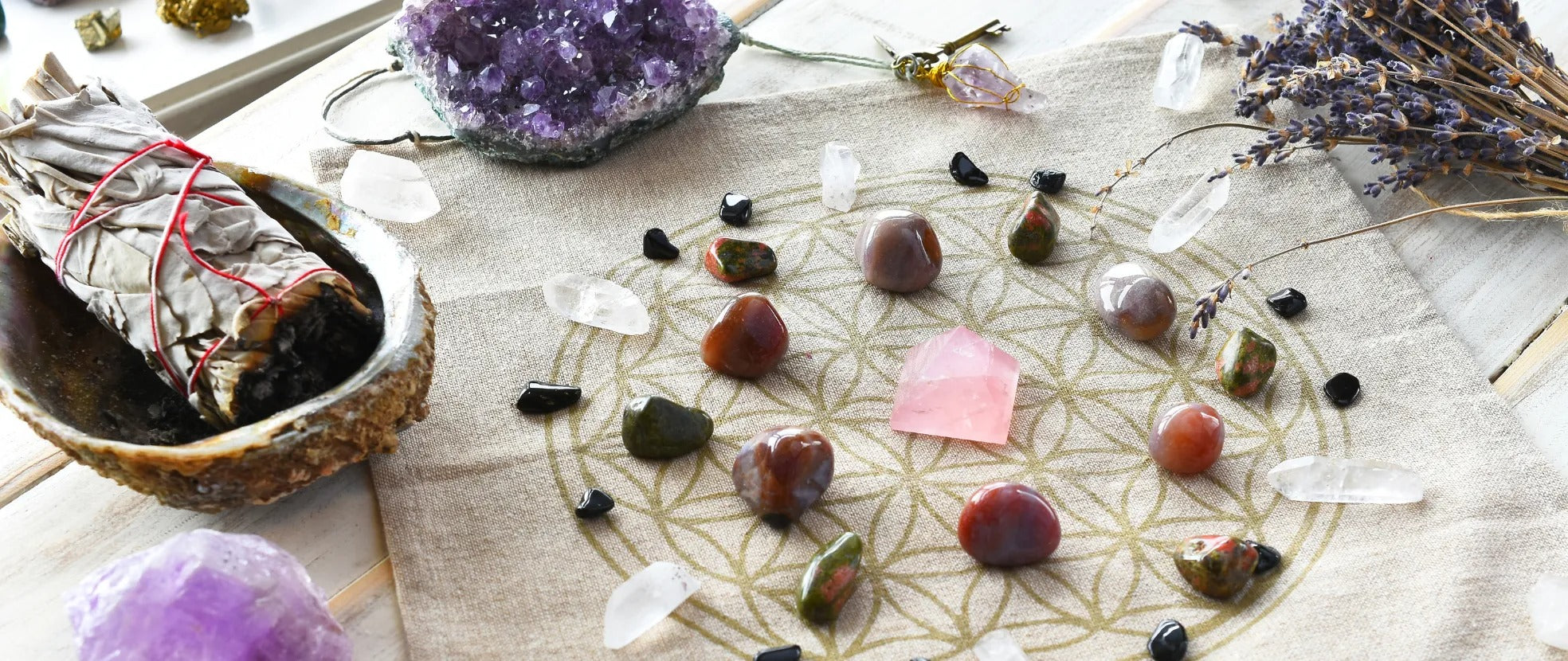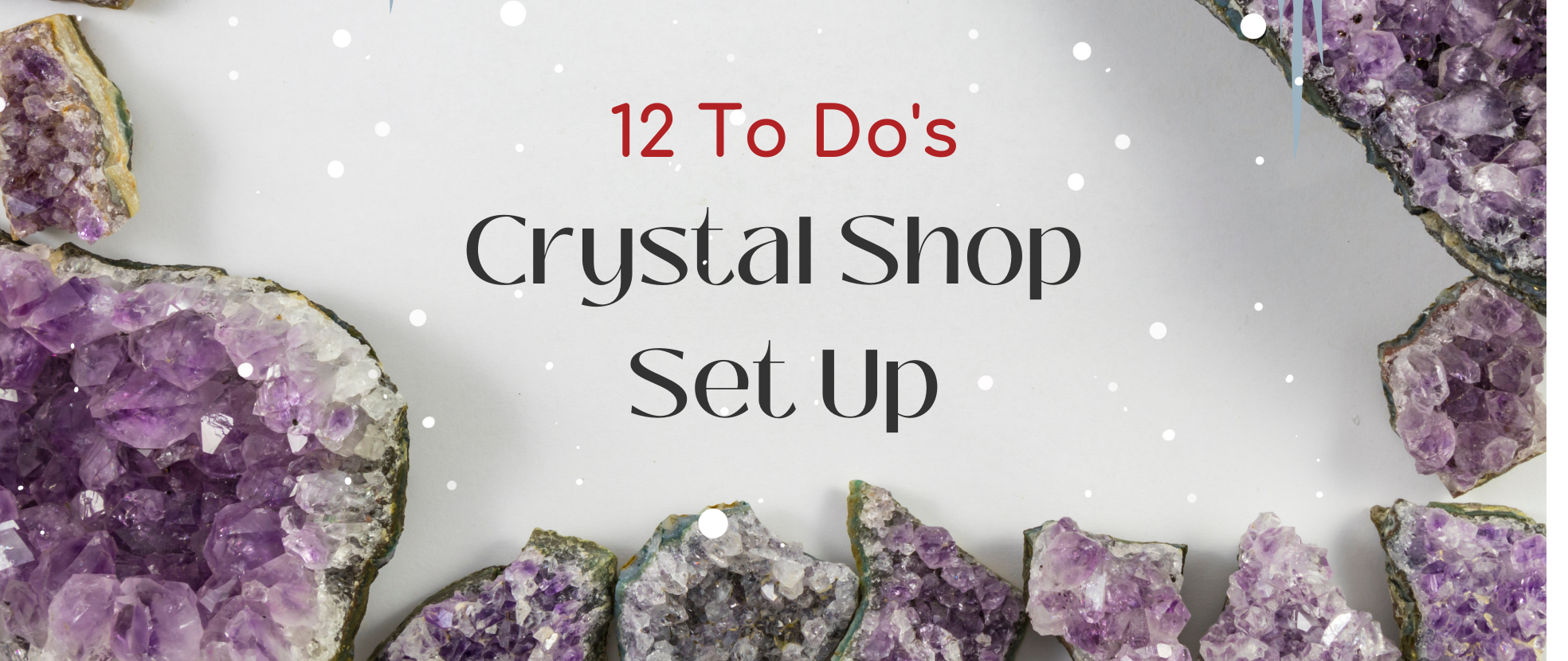Imagine a tranquil haven within your mind, where the whirlwind of thoughts gently subsides, revealing the boundless potential that lies within you.
This is the captivating world of meditation, an ancient practice that transcends time and culture, serving as a gateway to uncharted realms of consciousness.
Amidst the bustling tides of thoughts and the chaos of modern life, meditation offers solace and serenity. Through its transformative art, we embark on an exhilarating journey, discovering the profound beauty of stillness and the boundless potential of our own minds, leading us towards self-discovery and spiritual awakening.
What is meditation
As defined by positivepsychology.com "The word meditation finds its roots in the Latin term "meditatum," signifying "to ponder."
Meditation encompasses a diverse array of practices that have stood the test of time. Originating thousands of years ago, tracing its roots to ancient civilizations and spiritual practices that sought inner peace and heightened self-awareness.
Meditation is a multifaceted practice that manifests in numerous forms, but two common types stand out: concentrative and mindfulness meditation.
Concentrative meditation to enhance your focus and direct your attention to a single object, like deep breathing or a meaningful mantra, while disengaging from surrounding distractions. The goal is to elevate your consciousness to a heightened state of awareness by concentrating solely on this chosen point.
Mindfulness meditation delves into the realm of psychology, offering a powerful tool for addressing various challenges like anxiety and depression. This practice centers on cultivating a grounded presence in the present moment, fostering heightened awareness and acceptance of your thoughts as they naturally arise. Embracing mindfulness allows you to navigate life with a newfound sense of clarity and inner peace.

Benefits of Meditation
- Reduced stress response
- Lowering anxiety and panic attacks
- Releasing muscle tension
- Improved focus and concentration
- Enhanced emotional well-being
- Better sleep quality
- Increased self-awareness
- Greater sense of inner peace and mindfulness
Adding meditation to your daily routine has many benefits. Let's now look at how meditating with herbs can improve your inner journey and overall well-being.
Connecting with herbs for meditation
Meditation and herbs are like a dynamic duo for boosting your well-being! Do you know what's cool?
Studies have actually found that some plants are brain-boosters and can have a calming effect on your nervous system. Whenever you need to reduce your stress, there are plenty of herbs to choose from that can help you get into the mindfulness zone. Essentially, it's nature's way of giving you a big hug and helping you feel all peaceful and happy inside!
Herbs and humans share surprising similarities. Apart from the photosynthesis aspect, both hold energy and possess unique wisdom. Each herb has a story to tell and brings valuable knowledge to this earth. To connect with this wisdom, one can tap into the essence of the herbs, known as the Deva.
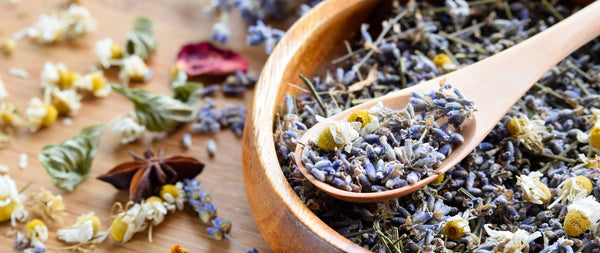
Who are the Devas?
Also referred to as the essence of the plant. They are the architects of life, existing throughout the tapestry of nature, unseen yet vital to its sustenance. Responsible for nurturing all living things, they play a crucial role in maintaining the delicate balance of existence. Our very survival hinges on their presence, and they hold a vested interest in our human evolution.
Derived from the Sanskrit word "body of light," the term "Deva" encapsulates their ethereal nature. Operating on an etheric level, they harmoniously orchestrate the energies that give rise to form. Within their memories, they safeguard the intricate cellular blueprints and genetic codes that define each plant's essence. In the grand symphony of life, the Devas' contributions remain a profound and enigmatic force
Why connect with the Devas? In the natural world, intelligence and spirit are woven into every living being.
By connecting with the plant devas, we establish a deeper relationship with the essence of each plant's spirit. This connection enhances our receptivity to valuable information about their medicinal properties. Embracing the plant's spirit allows us to tap into a wealth of knowledge, enriching our experience with nature's healing wonders.
How to connect to the Devas: Connecting with a plant Deva, involves approaching the plant with respect, intention, and an open heart. Here are some steps you can follow to establish a connection:
- Cultivate Respect: Approach the plant with reverence and respect for its existence and the role it plays in the ecosystem. Acknowledge the plant's consciousness and the wisdom it carries.
- Choose a Suitable Location: Find a quiet place in nature where you can be close to the plant without distractions.
- Mindful Presence: Sit or stand near the plant and become fully present in the moment. Practice mindfulness, letting go of any worries or preoccupations.
- Open Heart and Intention: Set a clear intention to connect with the plant deva. Approach the interaction with an open heart, genuine curiosity, and a willingness to listen.
- Offering and Gratitude: Consider making a small offering to the plant as a gesture of respect and gratitude for its presence. This could encompass a blossom, a sprinkle of water, or even a gentle word.
- Silent Observance: Observe the plant closely, noticing its unique features, colors, and textures. Take time to truly appreciate its beauty and essence.
- Meditation or Visualization: Close your eyes and meditate on the plant. You can visualize yourself surrounded by the plant's energy or imagine merging your consciousness with the plant's spirit.
- Listen and Be Open: Be receptive to any feelings, sensations, or messages that may come during your connection. This can be in the form of thoughts, emotions, or intuitive insights.
- Exchange of Energy: Imagine exchanging energy with the plant. Send your love and gratitude while also receiving its wisdom and healing energy.
- Give Thanks: After your connection, express your gratitude to the plant deva for its presence and any insights or experiences you may have received.
Remember that connecting with a plant deva is a personal and intuitive experience. Be patient and open-minded, as the depth of the connection may vary from person to person and from plant to plant. Building a relationship with plant spirits is a beautiful and enriching journey that can deepen your appreciation for nature and foster a profound sense of interconnectedness.
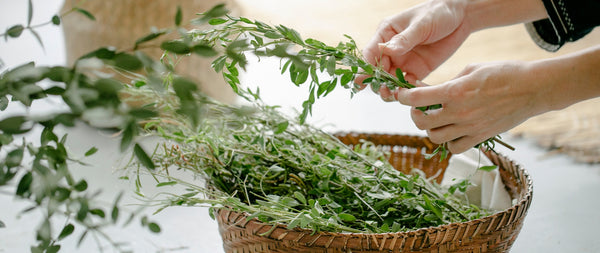
Brain boosting herbs that can enhance your meditation
Nettle - (Urtica dioica) Nettle embodies balance with its double leaves, harmonizing our body's alkaline/acidity ratio and promoting inner strength.
As a master adaptogen, it aids in mental and spiritual development, supporting us on our path by revealing thought process weaknesses. Nettle's stinging nature teaches us about boundaries, forming strong perimeters around trees and fields. Its teachings run deep, reflecting its multifaceted essence.
Herbal action: To embrace the medicinal properties of nettle, consider drinking a cup of tea prior to your meditation.
- Heat up 1 cup of water until it boils.
- Use 1 to 2 tablespoons of cut and sifted dried nettle leaves
- Add boiled water to a cup and allow the nettle leaves to soak for about 5 minutes.
- Strain the leaves from the water
- Add some honey and cinnamon for sweetness if desired
- Sip
Contradictions While nettle is generally safe for consumption, it is essential to consult your healthcare provider before using. This precaution ensures that it won't interact with any medications you may be taking.
Rose - (Rosa centifolia) Rose's essence facilitates friendship, self-love, happiness, secret love, indecision, and compassion. Its presence fosters a sense of connection, nurtures self-acceptance, brings joy, inspires exploration of emotions, offers guidance amidst uncertainty, and encourages empathy. With rose as our companion, meditation becomes a journey of inner growth and emotional understanding.
Contradictions No known side effects; however one should seek advise from a certified herbalist or medical professional before consumption.
Herbal Action: Consider adding rose petals to a warm bath mixed with some Epsom salts. Let the fragrance envelop you, bringing tranquility and serenity to your meditation and self-care experience. Alternatively, you can also make tea with Rose petals using the same method as nettle. You might also consider adding other taste-enhancing herbs like hibiscus for an additional sweet flavor kick!
Tip: To collect rose petals after a bath, utilize a drain strainer.
Mugwort - (Artemisia vulgaris) Mugwort aids in connecting with the feminine energy, facilitating communication with ancestors and the spirit world.
It soothes anxiety and helps to overcome trauma. It also supports lucid dreaming and can help promote the development of psychic abilities. When you inhale the scent of Mugwort during meditation, it can serve as a form of aromatherapy that promotes relaxation and a meditative state.
Herbal Action: Dried Mugwort is also an excellent herb to use in a smoke cleansing ritual.
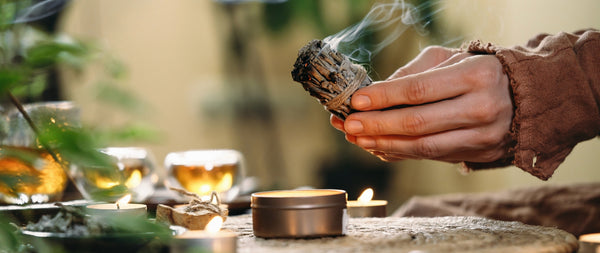
How To Burn Herbs
When burning herbs you will need the following tools:
- A heatproof bowl (an abalone shell or a clay pot)
- A feather or bundle of leaves for fanning the smoke
- A match or small gas lighter for your light source
- A white candle
How to burn Mugwort
- Go inside a spacious and well-ventilated room. Open the windows to allow the old energy to leave.
- In an abalone shell or bowl, place a handful of sand/small rocks for slippage prevention and heat insulation.
- Light your white candle
- Express the purpose for which you wish to use Mugwort for
- Take your dried Mugwort and light the end of the stick with the flame from the candle
- Concentrate on observing the smoke's trajectory as it ascends. Observe the paths and patterns the trail of smoke takes. Breathe in the aroma of the herb.
Witch tip: Mugwort is a great herb to use during moon rituals
Lemon balm - (Melissa officinalis). Lemon balm symbolizes success, healing, happiness, memory, love, and anxiety relief in meditation, enriching the practice with its diverse and empowering qualities. Its essence encourages perseverance, inner healing, and moments of joy, while unlocking insights and fostering a connection with love and tranquility.
Herbal Action: After meditation, burning lemon balm herb can create a calming and uplifting atmosphere, enhancing the post-meditation experience with its soothing properties.
When burning loose Lemon Balm you will need the following tools:
- Lemon Balm
- A heatproof bowl (an abalone shell or a clay pot)
- A feather or bundle of leaves for fanning the smoke
- A match or small gas lighter for your light source
- A charcoal puck
How to burn loose Lemon Balm
- Go inside a spacious and well-ventilated room. Open the windows to let in fresh air (or meditate outdoors).
- In an abalone shell or bowl, place a handful of sand/small rocks for slippage prevention and heat insulation.
- Place a charcoal tab on top and light it up. Let stand for 5 minutes, or until a layer of ash forms around the charcoal.
- Put loose Lemon Balm on top.
- Immerse yourself in the enchanting scent.
Lion's mane Hericium erinaceus. Lion's mane mushroom offers various benefits, including mental clarity, concentration, focus, and memory support. If you encounter brain fog or poor brain function, it might provide valuable assistance. Moreover, it could boost your energy levels and enhance your spiritual practices, such as prayer and meditation.
Herbal Action: Before your meditation session, try making these Adaptogenic Energy Balls, a variation of the famous recipe we've all seen. Combining oats, nut butter, and a selection of ingredients tailored to your taste, they offer a nourishing boost of energy.
Recipe
- 1c Rolled Oats (large flake is best)
- 1/2c Nut butter of your choice
- 1-2 tsp Lion's Mane Mushroom powder
- 1/3c Honey
- Handful of mini dark chocolate chips
- A few dashes of cinnamon
Mix well and roll into little 2 inch balls. Place balls in the refridgerator for at least 30 mins and enjoy! Recipe yields about 10 - 12 balls.
Incorporating healing herbs into meditation can be a profound brain booster, elevating the practice to new heights. These natural allies, such as Lemon Balm and Lion's Mane mushroom, symbolize qualities that promote mental clarity, concentration, and memory support. By immersing ourselves in the enchanting scents and energies of these herbs, we embrace a deeper connection with nature and tap into the wisdom they offer.
As we explore the paths and patterns of smoke or savor the essence of these botanical wonders, we awaken our minds to heightened awareness and spiritual growth. Embracing the synergy of meditation and herbs, we embark on a transformative journey that nourishes both our inner and outer selves, leading to a harmonious balance between mind, body, and spirit.
Take a moment for yourself with this relaxing mindfulness meditation exercise:
- Start your meditation practice by tidying and cleansing your space, establishing a serene and harmonious environment. Clearing away any stagnant energy allows room for fresh and positive energies to flow in, enhancing your meditation experience.
- Consider enjoying one of the herbal actions mentioned in this blog of your choice to soothe your senses.
- Turn off phone notifications and remove any potential distractions from your surroundings to create a serene atmosphere.
- Find a comfortable spot to either sit or lay down, allowing yourself to fully relax.
- Engage in this guided meditation to lead your mind on a calming journey of self-discovery and inner peace.
- Have a journal handy. When you awake from your meditation, it might be beneficial to write down some key thoughts that came up for you.
This exercise offers a chance to unwind and rejuvenate your mind, body, and spirit, allowing you to relish in the tranquility that naturally unfolds. Keep in mind that meditation is a practice, an ongoing journey. Embrace the process of learning to be still and mastering control over your thoughts. Don't be discouraged if it doesn't feel perfect at first; continue to practice, and with time, you'll find your rhythm and progress in your meditation journey.
Consider this analogy: During meditation, imagine your thoughts as helium-filled balloons in your hands. Release each thought like a balloon, observing it float away, then gently return to your breath. Letting go without judgment fosters ease in your practice. Stay centered and focused using this powerful technique.
Peace, love, and herbs 🌱
Sources
“Connecting with Plant Spirits.” Deva Yama, 7 May 2019, https://devayama.com/sacred-plants/connecting-with-plant-spirits/. Accessed 23 July 2023.
Dorr, Alex. “Top 3 Lion's Mane Spiritual Benefits You Should Know About.” Mushroom Revival, 29 September 2022, https://www.mushroomrevival.com/blogs/blog/lion-s-mane-spiritual-benefits. Accessed 27 July 2023.
Isabel, Ana. “11 Spiritual & Magical Properties of Lemon Balm.” OutofStress.com, 27 November 2022, https://www.outofstress.com/lemon-balm-magical-properties/. Accessed 27 July 2023.
“Meditation On Nettle.” Plant Consciousness, 12 July 2019, https://www.plantconsciousness.com/post/meditation-on-nettle. Accessed 23 July 2023.
Moone, Aurora. “Rose Magical Properties | How to Use Roses in Spells.” Plentiful Earth, 29 September 2021, https://plentifulearth.com/rose-magical-properties-how-to-use-roses-in-spells/. Accessed 27 July 2023.
Nash, Jo, and Tiffany Sauber Millacci. “The History of Meditation: Its Origins & Timeline.” Positive Psychology, 2019, https://positivepsychology.com/history-of-meditation/. Accessed 23 July 2023.
Szaro, Melissa. “How to Use Mugwort for Dreams, Sleep, and More.” Herbal Academy, 4 December 2020, https://theherbalacademy.com/how-to-use-mugwort/. Accessed 23 July 2023.
“Who Are the Plant Devas?” Wisdom of the Plant Devas, https://wisdomoftheplantdevas.com/book/who-are-the-plant-devas/. Accessed 23 July 2023.
Cherry, K. (2020, September 1). How Meditation Impacts Your Mind and Body. Verywell Mind. Retrieved April 19, 2022, from https://www.verywellmind.com/what-is-meditation-2795927



